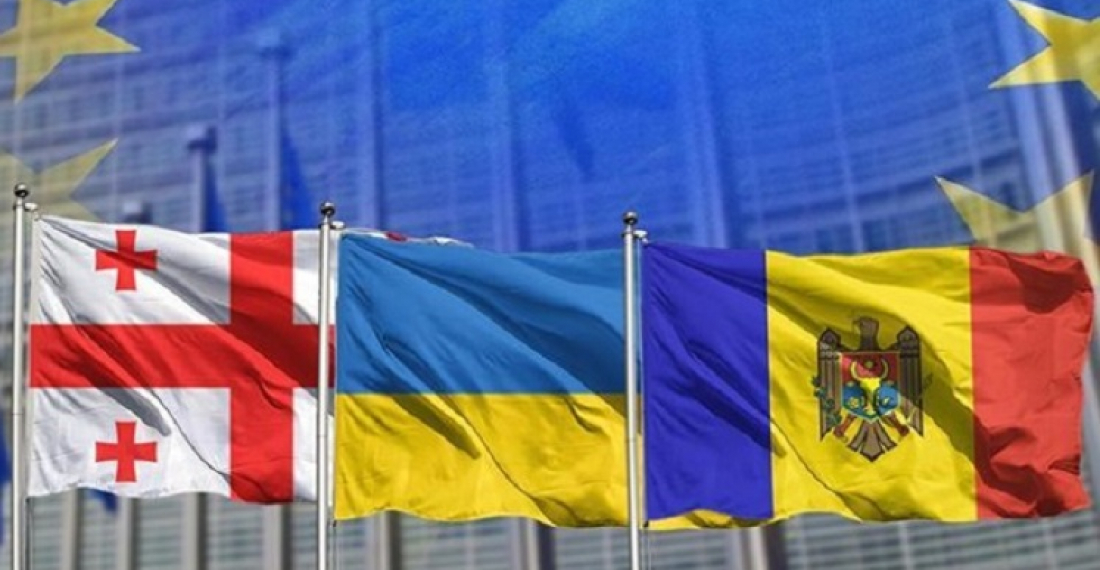The European Commission will recommend granting Ukraine official status as an EU candidate country, according to several officials familiar with deliberations that took place during a debate among commissioners on Monday. This was reported by the authoritative website Politico on Tuesday (14 June)
The debate in the College of Commissioners followed a surprise visit Saturday by Commission President Ursula von der Leyen to Kyiv, where she discussed Ukraine’s membership bid with President Volodymyr Zelenskyy. It was von der Leyen’s second trip to the Ukrainian capital since Russia’s full-scale invasion began in late February.
Zelenskyy and other Ukrainian officials have pleaded for official recognition as an EU candidate country, saying the designation would provide an incalculably precious wartime morale boost. They have repeatedly noted that since the Maidan Revolution of 2013-14, Ukrainian citizens have repeatedly risked their lives — and indeed thousands have now perished — fighting for a free, democratic future in the EU.
Officials familiar with the debate among commissioners said there was keen awareness of the sacrifices made by Ukrainians and clear recognition of the need to send a strong message to Russian President Vladimir Putin that he has lost any chance of reclaiming Ukraine into his supposed sphere of influence.
“The Commission does not forget that Ukraine is the only country in Europe where people died, where people were shot at because they were on the streets carrying EU flags,” one senior official said. “Now, we cannot tell them, ‘sorry guys, you were waving the wrong flags.'”
Recognizing Ukraine as a candidate country ultimately requires the unanimous approval of the 27 heads of state and government on the European Council, who are expected to take up the question at a summit meeting in Brussels next week. Officials and diplomats said that at least three countries were still opposed.
Supporters of Ukraine’s bid have said that any delay in granting candidate status would be deeply demoralizing for Ukraine as invading Russian forces continue to occupy large swaths of the south and east of the country, and are pressing to conquer the entire eastern Donbas region.
In recent weeks, some leaders, including French President Emmanuel Macron, have suggested that it would be more useful to grant Ukraine some sort of interim status that strengthens its relations with the EU. Macron has said that even if Ukraine is recognized as a candidate country, it would take more than a decade under existing accession procedures for Ukraine to join the bloc.
Moldova and Georgia have also applied for candidate status, and officials said that commissioners were generally supportive of Moldova, where a staunchly pro-EU government is now in place, but that they were less confident about Georgia, which has suffered from pervasive political turmoil and notable democratic backsliding in recent years.
source: commonspace.eu with politico.eu (Brussels)






